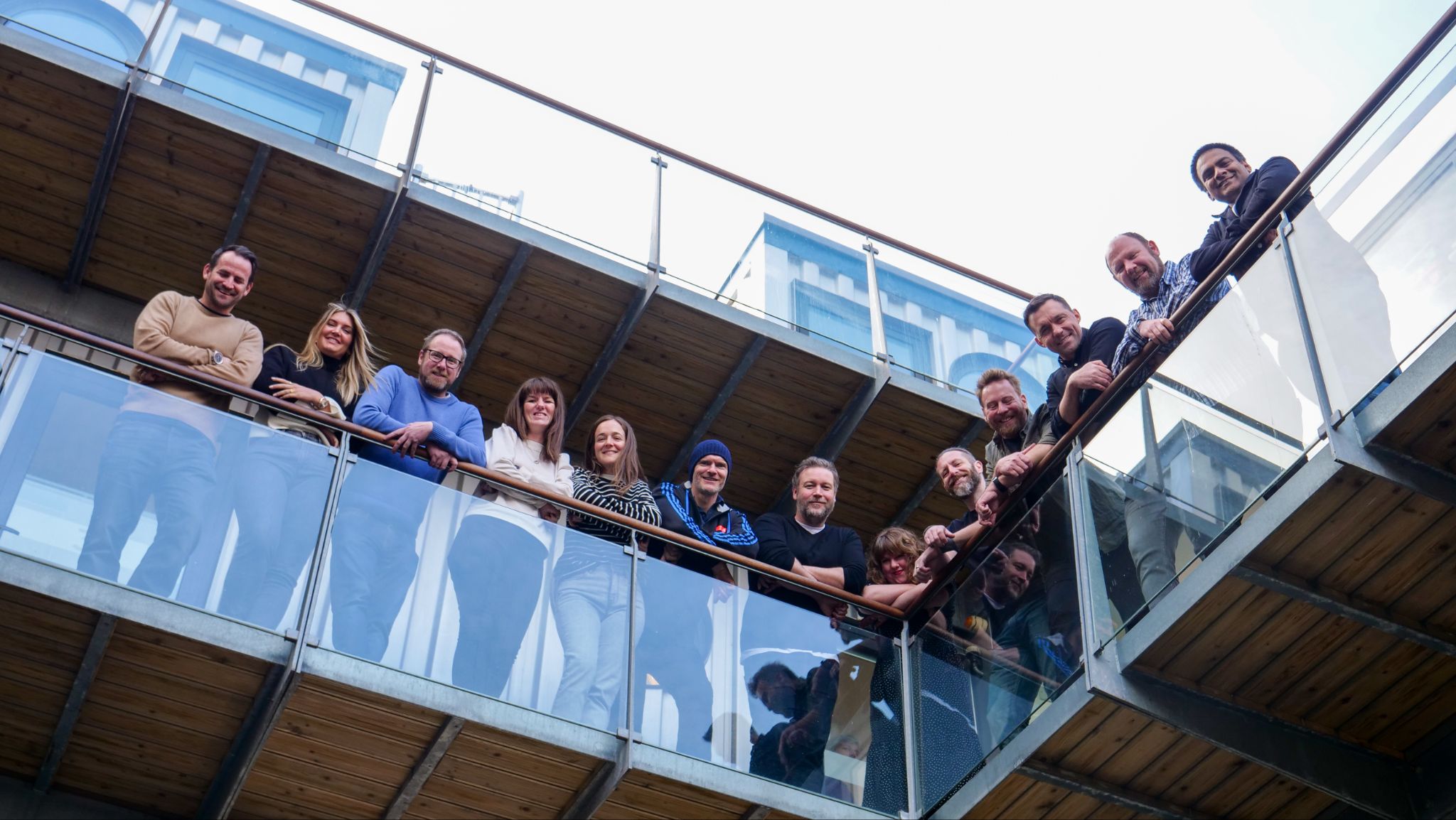Based on a decade of academic research
The i2 Skills Assessment is grounded in over a decade of research led by Dr. Jeanne Liedtka - one of the world’s leading experts in human-centered design and innovation, a respected author, and a professor at the University of Virginia’s Darden School of Business.
Drawing on insights from multiple studies on the characteristic skills and behaviors of successful business improvement teams, as well as research into how capabilities develop in MBAs and executives across a range of industries, Jeanne - along with co-authors Karen Hold and Jessica Eldridge in the book Experiencing Design - demonstrates that with the right mindsets and behaviors, anyone can innovate, create solutions, and make a meaningful impact in any role.

Dr Jeanne Liedtka

Karen Hold

Jessica Eldridge
A partnership built for real-world impact
The i2 Skills Assessment was developed in partnership with Treehouse Innovation, combining Jeanne’s rigorous academic research with Treehouse Innovation's 15+ years of experience leading and advising on innovation projects for major brands.
The result is a practical, evidence-based tool that identifies five core skill areas essential for building adaptable, change-ready teams.


